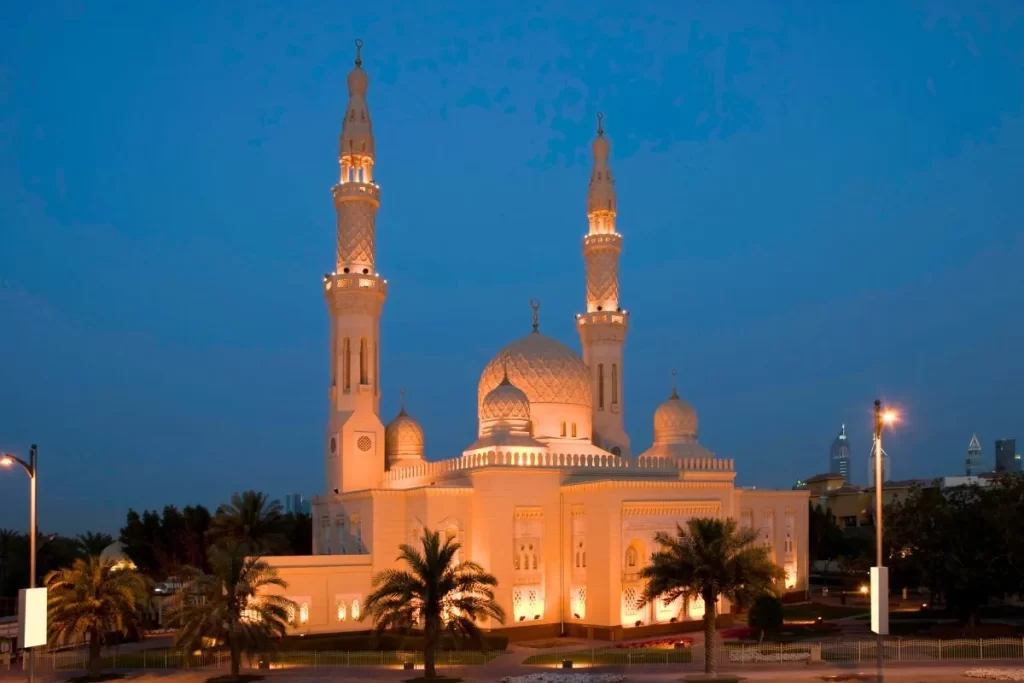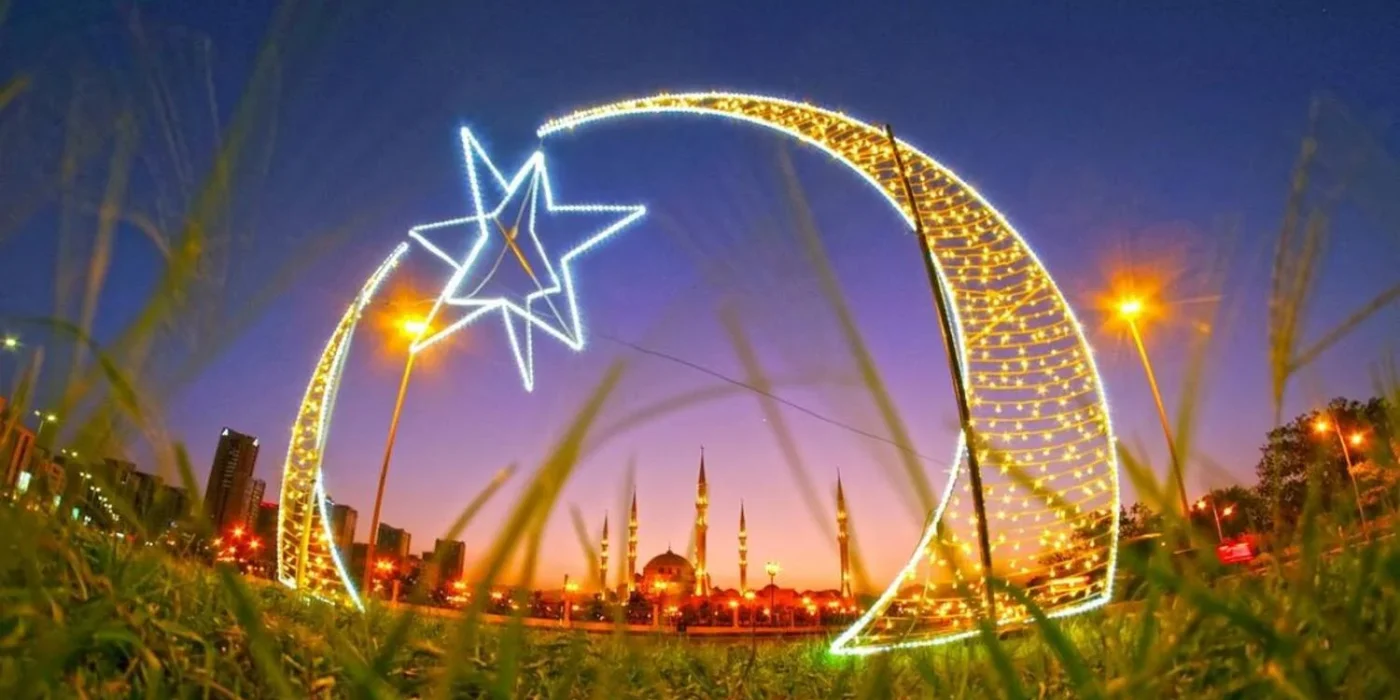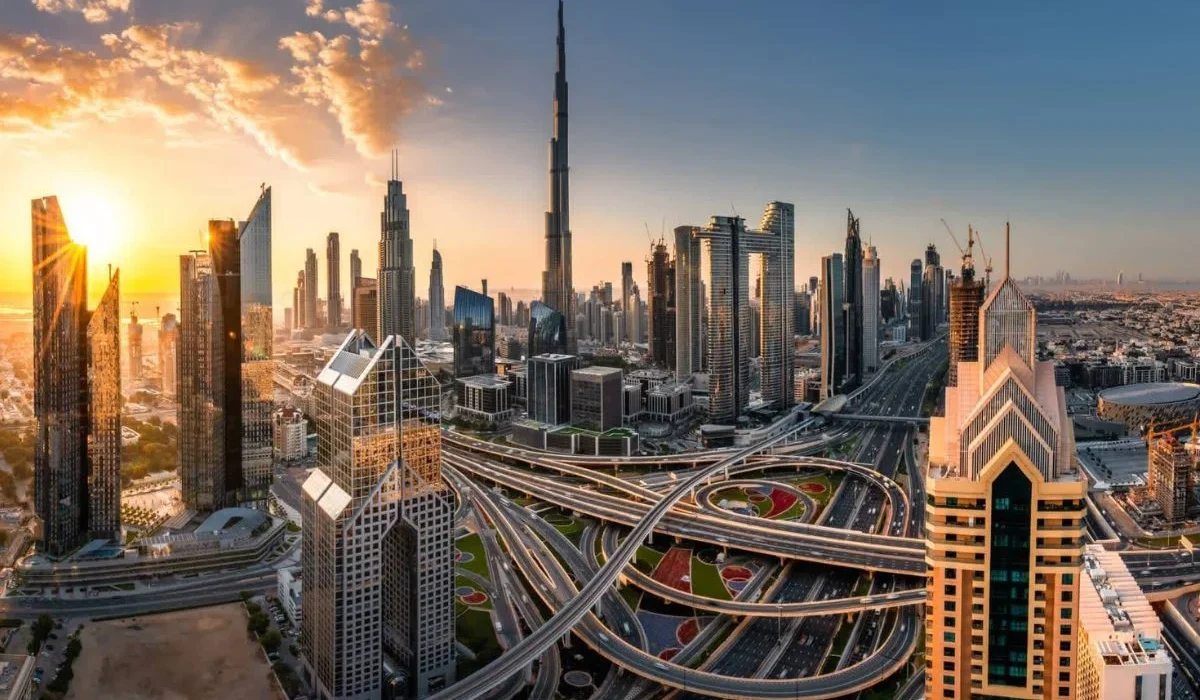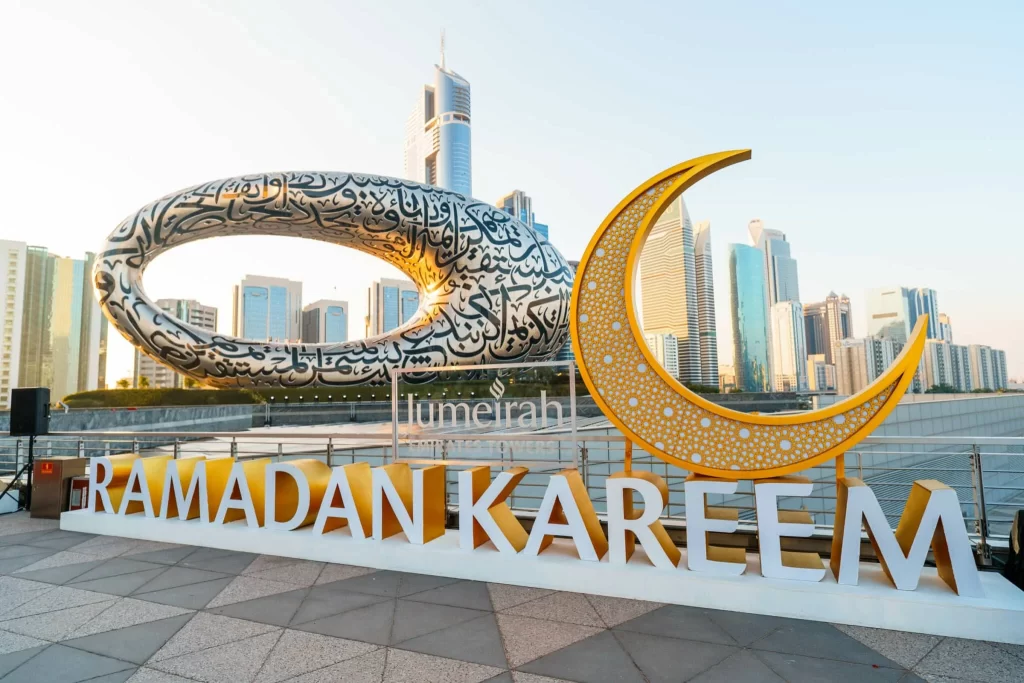The Arrival of Ramadan And Eid Al Fitr 2024 in the UAE
The holy month of Ramadan is around the corner, and people of the UAE eagerly await the official announcement of the schedule of Eid Al Fitr 2024. With expert insights and astronomical calculations guiding our expectations, here’s what you need to know to plan your holidays effectively.
Commencement of Ramadan 2024
According to expert predictions, Ramadan is likely to commence on Tuesday, March 12, 2024. This estimation is based on astronomical calculations and the anticipated sighting of the crescent moon, which traditionally marks the beginning of the Islamic lunar month.

Length of Ramadan and Eid Al Fitr 2024 Holidays
Ramadan is expected to last the full 30 days, culminating on Wednesday, April 10, 2024. Following this timeline, you can anticipate a six-day holiday period to celebrate Eid Al Fitr, beginning from Ramadan 29 till Shawwal 3.
The Role of Moon Sighting
The sighting of the crescent moon remains a crucial factor in determining the start and end dates of Ramadan. The UAE’s Moon sighting committee is set to convene on March 10, with March 11 potentially marking the first day of Ramadan if the moon is sighted. Otherwise, March 12 will be confirmed as the official start date.
Potential Impact of Solar Eclipse
On April 8, 2024, a total solar eclipse will occur, casting a shadow on Earth. While this celestial event may not directly affect the sighting of the moon for Eid Al Fitr, it could influence visibility conditions in certain areas. Islamic authorities take such factors into consideration when making official declarations.
Weather and Fasting Hours
During March-April, Dubai typically experiences warm to hot weather, with temperatures rising towards the end of Ramadan. Fasting hours will vary, starting from approximately 13 hours and 45 minutes at the beginning of the month and gradually increasing to about 14 hours and 25 minutes by the end of Ramadan. These fluctuations are due to the changing length of the day as the month progresses.
Reliability of Astronomical Calculations
Astronomical calculations play a significant role in estimating the birth of the new moon and predicting its visibility. While these calculations are generally accurate for planning purposes, religious observances often prioritize the physical sighting of the moon. Islamic authorities may accept astronomical calculations, especially in regions where moon sighting is challenging, but the confirmed start of Ramadan ultimately depends on human observation.
Conclusion:
As we all eagerly await the arrival of Ramadan 2024 and the subsequent Eid Al Fitr 2024 celebrations, it’s essential to stay informed and prepared. By understanding the factors influencing the holiday schedule, you can make the most of this special time for spiritual reflection, family gatherings, and community festivities.




